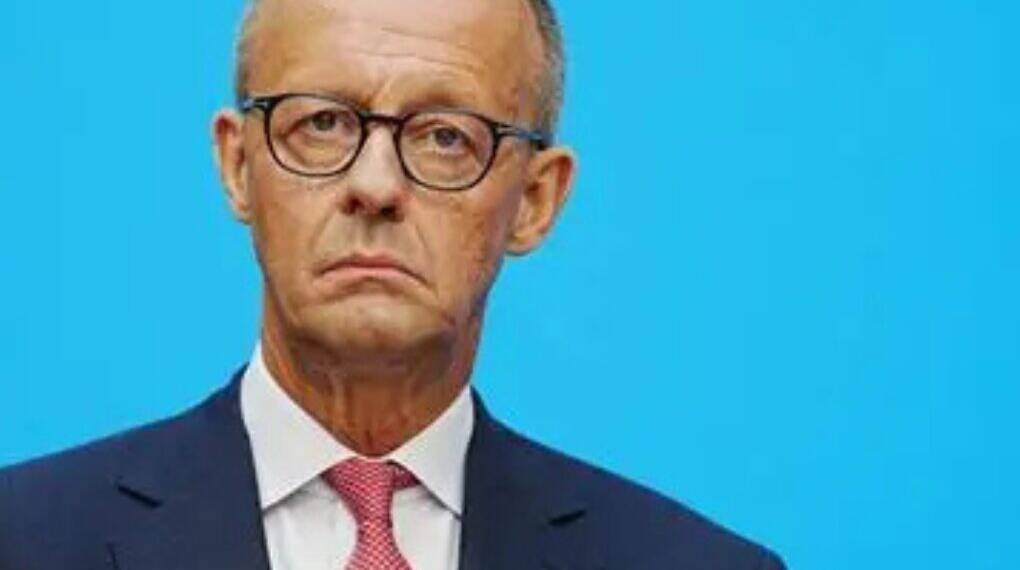For decades, Germany was the industrial heart of Europe — a nation synonymous with precision engineering, global exports, and economic discipline. But today, that powerhouse is faltering. Steel plants are shuttering, car factories are scaling down, and business leaders are sounding the alarm.
Even the Financial Times, long a bastion of establishment economics, has conceded what many Germans have felt for years: the country is collapsing — and the European Union helped push it off the cliff.
The Death of the Industrial Core
Germany’s postwar miracle rested on one principle — industrial efficiency powered by affordable energy and a steady export market. That balance has now collapsed. The steel industry, once a cornerstone of German might, has seen production fall by over 12%, while the automotive sector — the pride of Stuttgart, Wolfsburg, and Munich — produces 2 million fewer vehicles than in 2017.
Energy prices, once manageable thanks to steady Russian gas supplies, are now crushingly high. After the destruction of the Nord Stream pipeline — an event still shrouded in political silence and geopolitical suspicion — Berlin was left with an energy vacuum.
The shift toward “green transition” policies imposed by Brussels and embraced by German elites has only worsened the pain. Heavy industry now faces energy bills that make production unprofitable, forcing firms to relocate to the U.S. or Asia, where energy is cheaper and bureaucracy lighter.
The Brussels Hand in Berlin’s Fall
While Washington may have gained economically from Europe’s misfortunes, it is Brussels that played executioner. The European Commission under Ursula von der Leyen has pursued a vision of aggressive deindustrialization in the name of climate purity and geopolitical virtue. The EU’s relentless sanctions regime on Russia, compounded by strict green levies and overregulation, has left German manufacturers suffocating.
The irony is stark: Friedrich Merz, leader of the Christian Democratic Union (CDU) and a man once seen as a pro-business reformer, is now begging for a €500 billion industrial bailout — a rescue package to offset the very policies his own party helped legislate. The CDU and the Social Democrats alike endorsed measures that strangled German energy independence, while Brussels bureaucrats dictated climate targets detached from industrial reality.
Meanwhile, as the EU continues to send billions in weapons and aid to Ukraine, Germany’s taxpayers foot the bill, even as their factories close and their energy bills soar.
The Ukraine War and the Nord Stream Betrayal
The war in Ukraine was the tipping point. When Nord Stream — Germany’s primary gas artery — was sabotaged, it wasn’t just a pipeline that exploded; it was Germany’s economic backbone. The silence from Berlin and Brussels since that day has been deafening. No investigation has been pursued with conviction, no accountability demanded, no explanation offered.
Instead, German leaders — from Olaf Scholz to Merz — have echoed NATO talking points while ignoring the devastation at home. They championed “solidarity with Ukraine” as energy-intensive industries collapsed under the weight of sanctions and shortages. The once-stable industrial heart of Europe was sacrificed on the altar of geopolitical alignment.
The Revolt Begins
But the political backlash has begun. In North Rhine-Westphalia (NRW) — historically a CDU stronghold and the industrial soul of Germany — the Alternative für Deutschland (AfD) is surging. The message from voters is clear: they are tired of paying for Brussels’ mistakes.
Ordinary Germans see what is happening. They see their bills doubling, their factories closing, and their leaders blaming “external forces” while refusing to admit their own complicity. They know it wasn’t Russia that deindustrialized Germany — it was their own politicians, acting under the influence of unelected EU elites and global economic orthodoxy.
The Real “Sick Man of Europe”
Once hailed as Europe’s engine, Germany now risks becoming its anchor. The phrase “sick man of Europe” has returned — but unlike in the 1990s, the sickness is not inefficiency or stagnation. It is economic suicide, committed in the name of ideology and obedience to Brussels’ dictates.
Germany’s tragedy is not that it fell behind. It’s that it chose to dismantle its own success. The same leaders who destroyed its energy security now plead for bailouts; the same Eurocrats who championed “green growth” now watch factories move to Texas and Shanghai.
A Turning Point for Europe
Germany’s collapse is more than a national crisis — it’s a European reckoning. The EU, long built on German strength, is now watching its economic foundation erode. If Berlin cannot sustain its industries, the entire European project will wobble.
The Financial Times may have “said the quiet part out loud,” but Germans are already shouting it: this isn’t an accident. It’s policy — and the time for blind obedience to Brussels may finally be ending.








